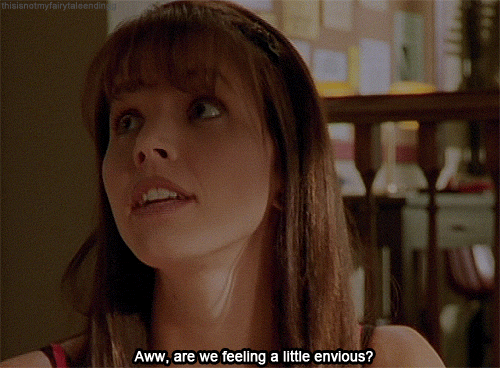
One of the members of my writing group was recently rejected by a publishing house. Her experienced filled me with an unexpected emotion: envy. Allow me to explain.
Years ago, I remember hearing a drill sergeant responsible for preparing soldiers for combat explaining survivor’s remorse. Basically, he told the interviewer, one of the potential occurrences he had to prepare the prospective soldiers for was the initial emotion most of them would feel if the man next to them were killed suddenly in battle. Because, he said, that initial emotion would be joy. Yes, joy. The emotional reflex to not being the one killed would be joy. And, then, most soldiers would follow that initial response up with guilt because they felt so happy that they hadn’t died. So, through training, soldiers could be conditioned to deal with those responses almost instantaneously so they could get back to not dying themselves.
Not that I am trying to equate the intensity of the battlefield to the intensity of writing. No, my point is that emotions are tricky, complex creatures that often behave like an untrained dog off the leash during a walk. And, so, with that in mind, I return to my original statement: the rejection one of peers experienced with a publishing company filled me with envy. I couldn’t believe how strongly I felt that I wanted to be the one rejected instead. And the feeling was actually quite encouraging.
I started writing my first novel almost a decade ago on a whim. In my early 30’s at the time, I entered into a pact with an English teacher colleague of mine to attempt to write an entire novel. We didn’t set any deadlines, and we acted as two-man writing group, exchanging our work with each other for feedback. My initial motivation came strictly from a sense of accomplishment. I just wanted to look in the mirror and say I wrote a novel. My friend dropped out early on, but he continued to offer me support in the form of encouragement and feedback. The process dragged on for years before I finally wrote “The End” (or, more specifically in my case, “Amen.”).
Then, a little over a year ago, I joined a writing group called The Wordwraiths. Right away, I was impressed by their ambition. These people didn’t just write to check a box on some imaginary bucket list, they wrote with publication in mind. I didn’t need to be around them long before their motivations infected me as well. Why not my book?
Which leaves me where I am now, at my stuck place. I just recently finished a comprehensive edit of my first project and a first draft of my second. Then NaNo hit, and I started on my third. But the bug still tickles my insides. I want to get my work out there for people to read. So, when my friend reported on our group Facebook page that she had received a rejection, I felt envy. She is where I want to be. I want to have manuscripts in other people’s hands, professional other people, other people who can move my career forward as a writer.
And, as any writer knows, that means rejection. A quick search on the internet produced these admittedly less-than-scientific results from a Buzzfeed page: Lord of the Flies rejected 20 times, Gone with the Wind rejected 38 times, Steven King was rejected 30 times before he published Carrie, Dune 23 times, James Joyce 22 times for Dubliners, and or course, J.K. Rowling was famously told not to quit her day job by a publisher while she was being rejected 12 times for the first Harry Potter novel.
One day, I hope to add the novel Our Father to that list.
🙂 Chris & The Wordwraiths



Leave a comment